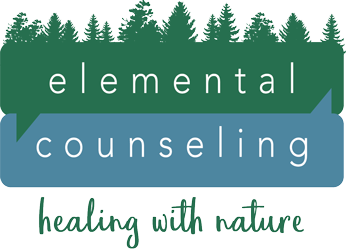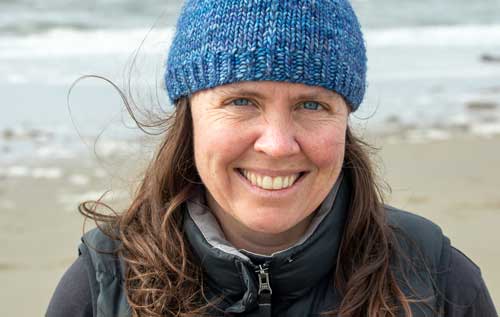So you want to be an ecotherapist?
Awesome! Welcome! I am always delighted to welcome folks into this work and am so excited by the growing interest in it. People reach out to me frequently asking questions about ecotherapy. I love and am inspired by these conversation, and I’m finding I have similar conversations often. Thus, a few blog posts covering my most common conversational themes.
In the broadest sense, I see ecotherapy/nature based therapy as tapping into and bringing back to awareness a human relationship with the earth that has existed for all of human history. I believe this relationship is integral to well-being for humans and the earth. I am no expert in this work, particularly coming from a settler/colonial culture whose own ancestral relationship with the land was severed more years ago than I can trace. Nor is this work only possible from a therapeutic lens–there are countless people, traditions, cultures, and practices engaged in such work.
But I happen to be a therapist, as I assume you are if you’re reading this. So this particular conversation is about exploring and experimenting with how to ethically expand the traditional clinical model to include relationship with the earth as a critical part of human and planetary well-being. I have so much to learn and the longer I do this, the more questions I have. So I am not writing this as a master of anything, simply a learning practitioner. But I do have more practice at integrating the human relationship with the natural world into therapy than many in the clinical community. So here’s what I can feel confident offering at this point in my own explorations. I can share a handful of values that seem critical to this work, some logistical considerations, and some encouragement. If you’re looking for specific books, trainings, interventions, etc., there are so many great options. An internet search will turn up several! Set aside some time to browse and see what resonates for you. If you have a passion for these ideas and a deep belief that well-being has to include all residents of the planet, not just human ones, you will find your way!
PS–You probably noticed this is not a very linear or detailed response to how to be an ecotherapist. It is not a linear field–it is one built on relationship, systems, and cycles. I think finding our way into ecotherapy, and then practicing and living it, has much the same shape. If you’re reading this, you’re already well down this path, and I’m quite certain it has not been a flat, straight, paved one! Keep on going, even when the next step feels confusing or nebulous. When in doubt, it always helps to go for a walk, to look up at the night sky, to wonder what your favorite tree might know, or to simply breathe in some fresh air.
Quick note–English is a very limiting language to describe anything related to the natural world and meaningful relationship, so it is no surprise that ecotherapy and nature based therapy are terms that unfortunately mirror those limitations. (For example, ‘nature’ is in itself a problematic word as it implies that humans are separate from nature.) Since English is the only language I know, though, and the one you are seeking information in, we will do our best to communicate within the limitations of our shared language.


